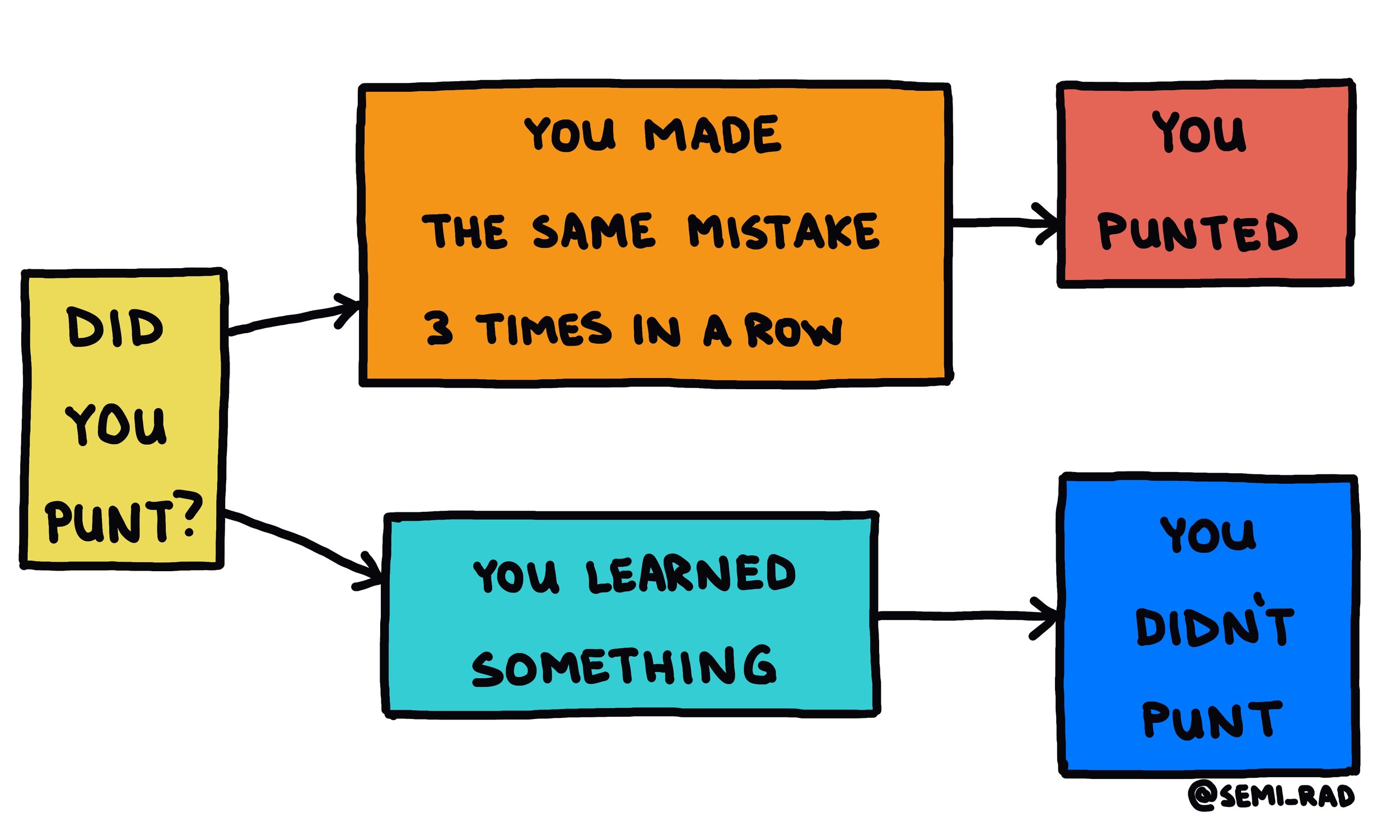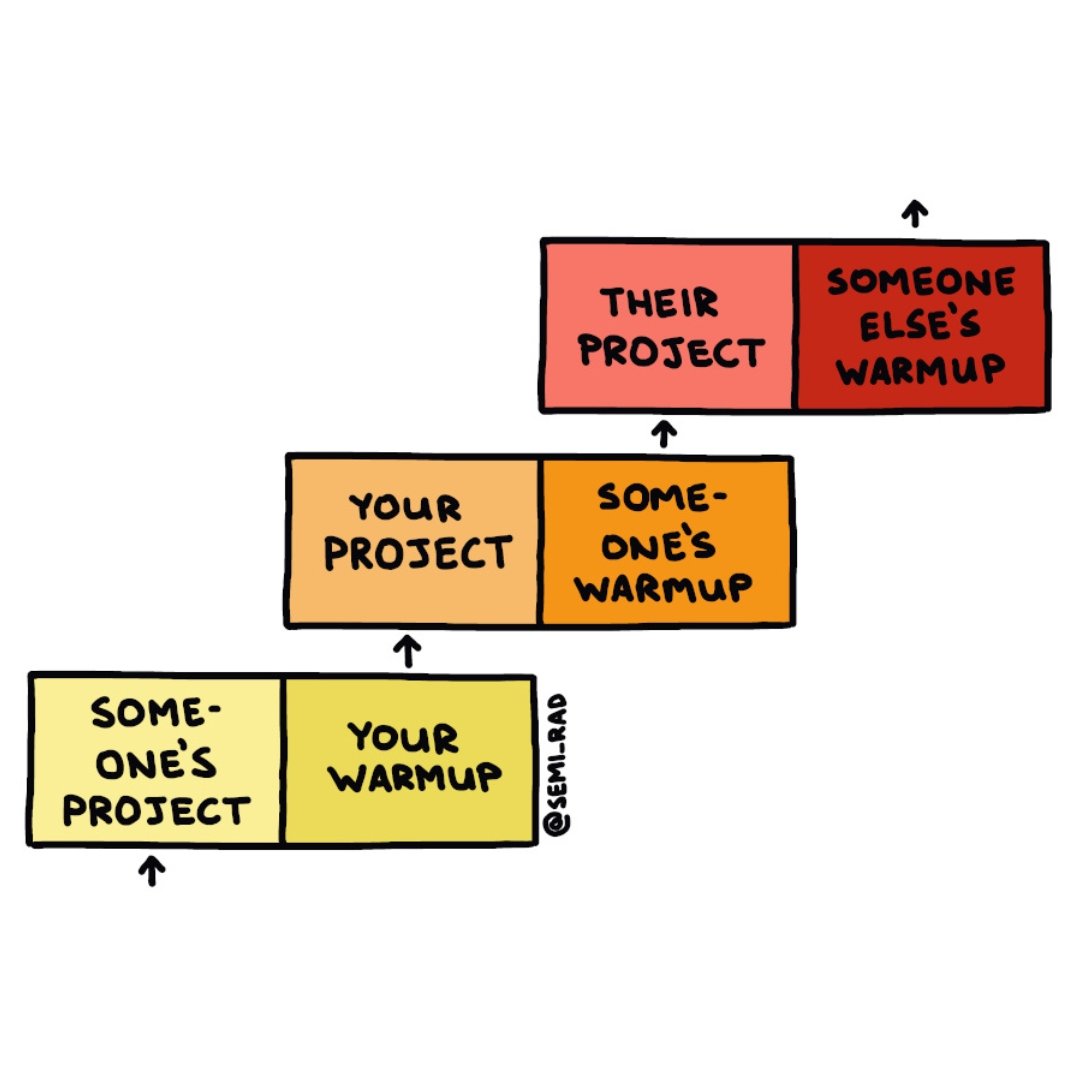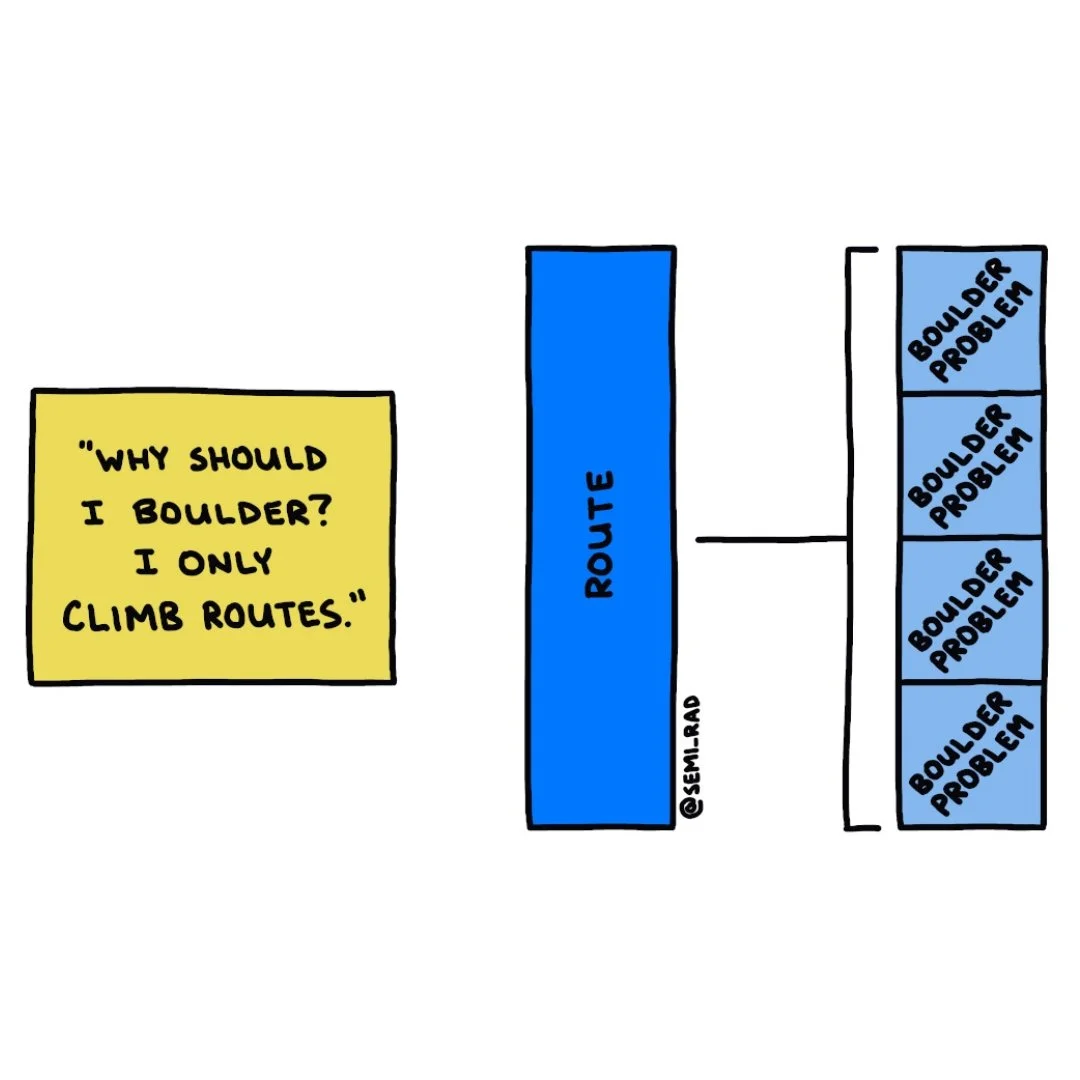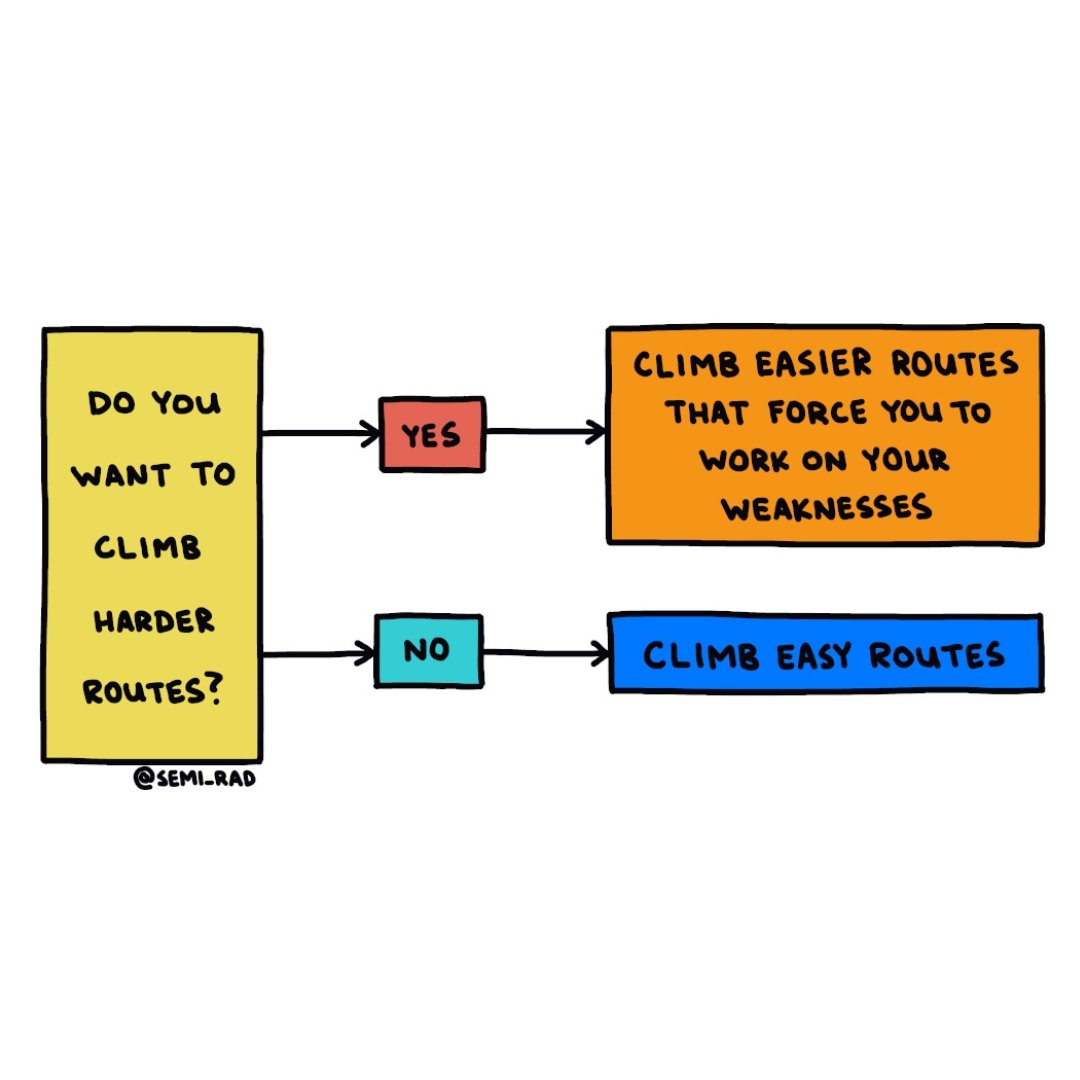You Didn't Punt.

This essay doesn’t exactly fit in with some others. On its surface it’s a simple lesson in semantics. But I don’t care. I have to say it, and I think it goes deeper than semantics.
Sure, maybe you had the crux dialed in. It felt really good in isolation. And then you fell there. I’m not sure if you’re aware, but that’s where you’re supposed to fall. It’s why we call it the crux. The hard part. That’s the point.
You didn’t punt.
We came up with the term “redpoint crux” because it’s another form of crux. A hard part when it’s encountered starting from the ground, on redpoint. That’s where you fell? I’m sure it is. That’s the point.
You didn’t punt…
Ok, maybe some of you actually don’t know what the word means, or maybe you really do care about semantics. For you, we’ll take a look at the word punt, as climbers have adopted it.
punt2
/pənt/
verb
verb: punt; 3rd person present: punts; past tense: punted; past participle: punted; gerund or present participle: punting
1.
AMERICAN FOOTBALL
kick (the ball) after it is dropped from the hands and before it reaches the ground.
"he used to be able to punt a football farther than anyone"
(of an offensive team) turn possession over to the defensive team by punting the ball after failing to make a first down.
"the Raiders could get nowhere with their possession, and had to punt"
Notice the last usage here. "Turn possession over to the defensive team." When you’re on a redpoint attempt, you are the offense. The route is the defense. You don’t get to where you need to be, so you’re forced to turn the ball over. To punt.
But it’s not that simple.
If you make the same mistake two or three times, you punted. If you get to the easy section that you rehearsed over and over and fell because you got excited and went to the wrong hold, you punted. But some falls – some failures – aren’t punts. They’re necessary.
Redpointing is a process. It’s an ultimate success built on the backs of many failures. Oftentimes those failures are exactly where we are supposed to be.
So you climbed through the crux, which you worked at length, and then wasted energy through the next sequential section, only to fall at the redpoint crux?
That’s exactly where you’re supposed to be. You got your first down. You moved the ball. You learned something. Now you get to try again.
You didn’t punt.

Skaters do one important thing much better than climbers: they chase mastery instead of success.
It's exactly the same amount of challenging for you no matter what number anyone attaches to it.
How often do you give 100%? REALLY give 100%? I make my living coaching climbers, and I seldom see a climber try their hardest. Myself included.
While in the gym, for the most part, boulderers are closer than sport climbers to training the correct way.
It's easy to get discouraged by how quickly the pros seem to put down the hardest projects.
I get it. Talking is easier than doing. What it isn't, however, is nearly as satisfying.
Nate snapped the banana in half. Clean break, right through the middle. Like a ninja.
You can almost always find a reason to continue training the short-sighted way.
There is NO single workout that any group of people can follow to get the optimum results for each of them.
Newbs, rejoice! You get a whole post. A short one, but your very own set of training wheels.
So how do you get better faster? There's a simple answer. You don't.
After much deliberation over a list of about 25, I've decided on the 5 ways I see experienced climbers derail their progression.
I hear them coming from every corner of the gym… excuses.
The fact is, you WILL NEVER get to within earshot of your potential if you don't have a complete skill set.
Our egos are ruthless. I've seen climbers stop a workout early because they didn't want to "look bad".
Fact is, seeing the "chains" as the sole representation of success is holding you back.
As we've taken our workshops to gyms across the country, we've seen lots of cool, positive things happen, but we've also seen lots of mistakes being made.
A climber since 1994, Kris was a traddie for 12 years before he discovered the gymnastic movement inherent in sport climbing and bouldering. Through dedicated training and practice, he eventually built to ascents of 5.14 and V11.
Kris started Power Company Climbing in 2006 as a place to share training info with his friends, and still specializes in working with full time "regular" folks. He's always available for coaching sessions and training workshops.



























Redpointing is an ultimate success built on the backs of many failures.